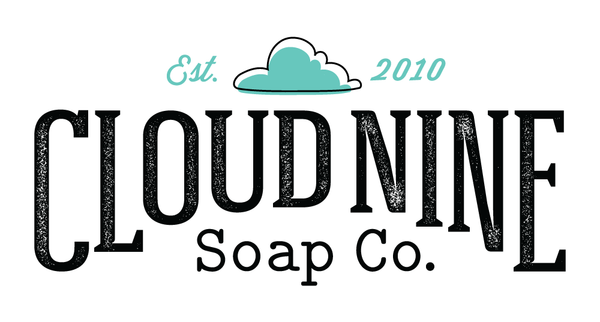Castile Soap

Castile Soap (pronounced cass-teel’) originated centuries ago in the Castile region of Spain, back in the day when soap was available only to the rich and royal. It was (is) made with 100% olive oil.
This is a very mild bar of soap that gently cleanses, making it safe for babies and people with allergies or sensitive skin. I prefer unscented goats milk soap for sensitive skin and kids, but that’s just my own personal opinion. I have customers who would disagree.
These days, it seems as though many companies and a lot of Soapers call their soap “Castile Soap” when it’s made with less than 100% olive oil. "Castile" now appears to be a name given to any soap that is vegetable oil based, but this is just not fair to a real deal bar of Castile Soap. If the soap is not 100% olive oil, it should be called olive oil soap or vegetable soap, not Castile.
Please don’t misunderstand me, all plant-based soaps are very fine soaps, I make them myself, but they will not have the same properties as a true Castile Soap will. An authentic Castile Soap is a soft bar of soap that will have a lotion-like lather, not a bubbly lather. Castile Soap takes months to cure. If you have a soap that is labeled “Castile” that is giving you a big fluffy foamy lather, there has been something added to that soap to create those bubbles, most likely coconut oil if it’s a natural soap, or a chemical lather boosters if it’s commercially produced.
Amongst Soapers, a bar that is mostly olive oil and partly another vegetable oil is fondly called “Bastile” (stands for bastardized Castile). Coconut oil creates lots of bubbles and is added because Soapers know that customers often times judge a soap by the volume of lather it generates and no other criteria. That’s fine; I like bubbles, too. I make a olive oil / coconut oil bar for this very reason. But I also make an authentic Castile because I am an Artisan soapmaker.
Try a bar, your skin will love you!


